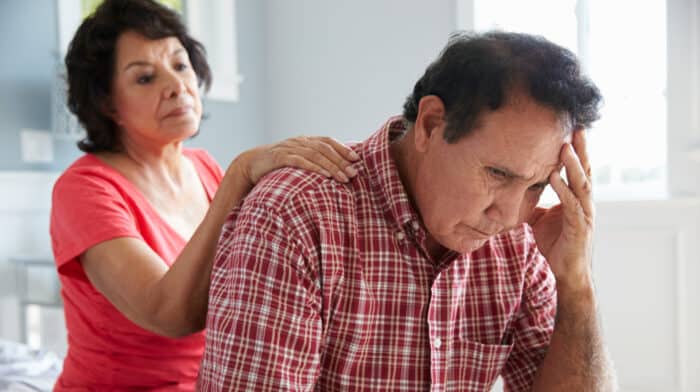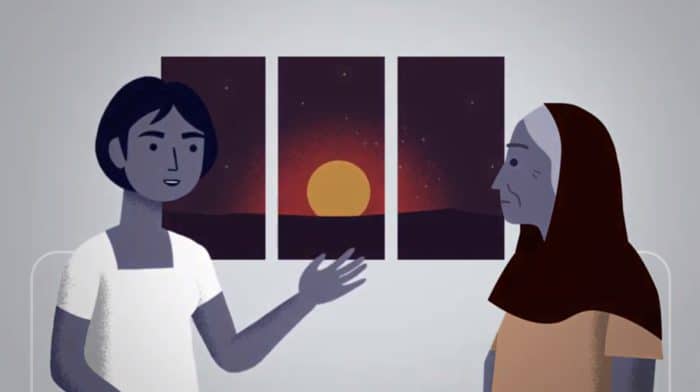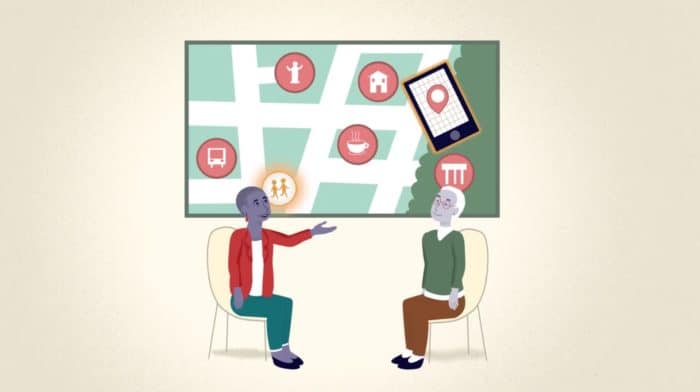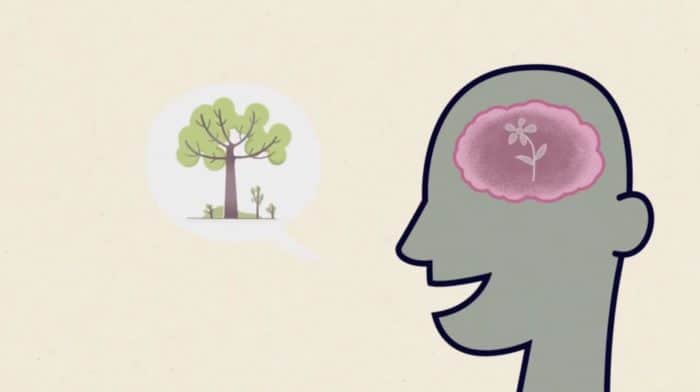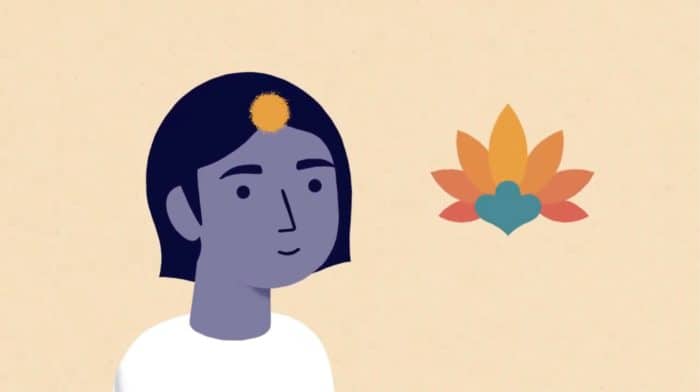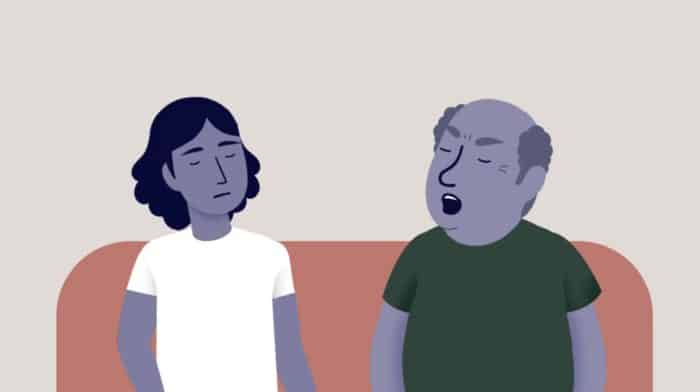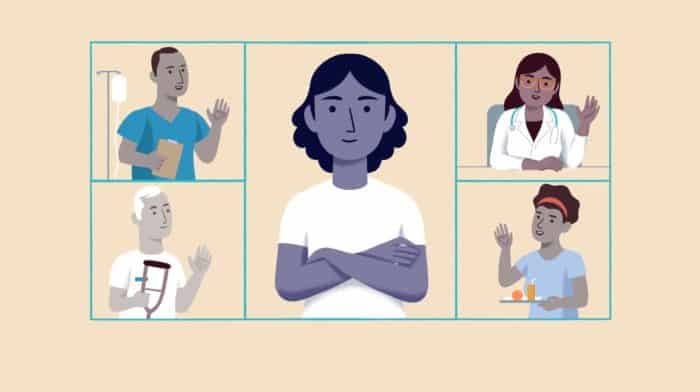Resource Library
Search:
Normal Aging vs. Possible Dementia
As we age, it’s normal to forget where we put our car keys or why we went upstairs but how do we know what is normal and what are signs of early dementia?
How to Spot & Manage Sundowning
If you’re caring for someone with dementia, you may have noticed that near the end of the day they sometimes feel confused, restless, or agitated. This behavior, known as sundowning, can be a scary experience for the person you’re caring for, and might also cause you to feel overwhelmed as their caregiver.
How To Prevent Someone From Going Missing
More than half a million Canadians are currently living with dementia, and you may be surprised to learn that six out of ten of them will go missing at some point.
Mental Changes With Dementia
Living with dementia will affect a person's feelings, thoughts, and responses. It is important to recognize and respond to the person's emotional needs. It can also cause not only loss of memory but also changes in behaviour and mood.
What Is Good Mental Health
You might not think it, but your mental health is just as important to your overall wellness as your physical health. In fact, your mental health can have a big impact on how well your body feels. As a caregiver, maintaining your mental health is one of the most important things you can do for yourself.
What Are Responsive Behaviors
People with dementia often use behaviors such as wandering, pacing, cursing and calling out to tell us what they want or how they feel and there could be a number of reasons why it could be happening.
Working with Healthcare Professionals
Health care partnering is essential to successful home care. As a caregiver, you are an important part of the health care team. It’s a big job – 80 percent of patient care is given by informal or family caregivers in the community so you are the eyes, ears, and hands for health care professionals.


